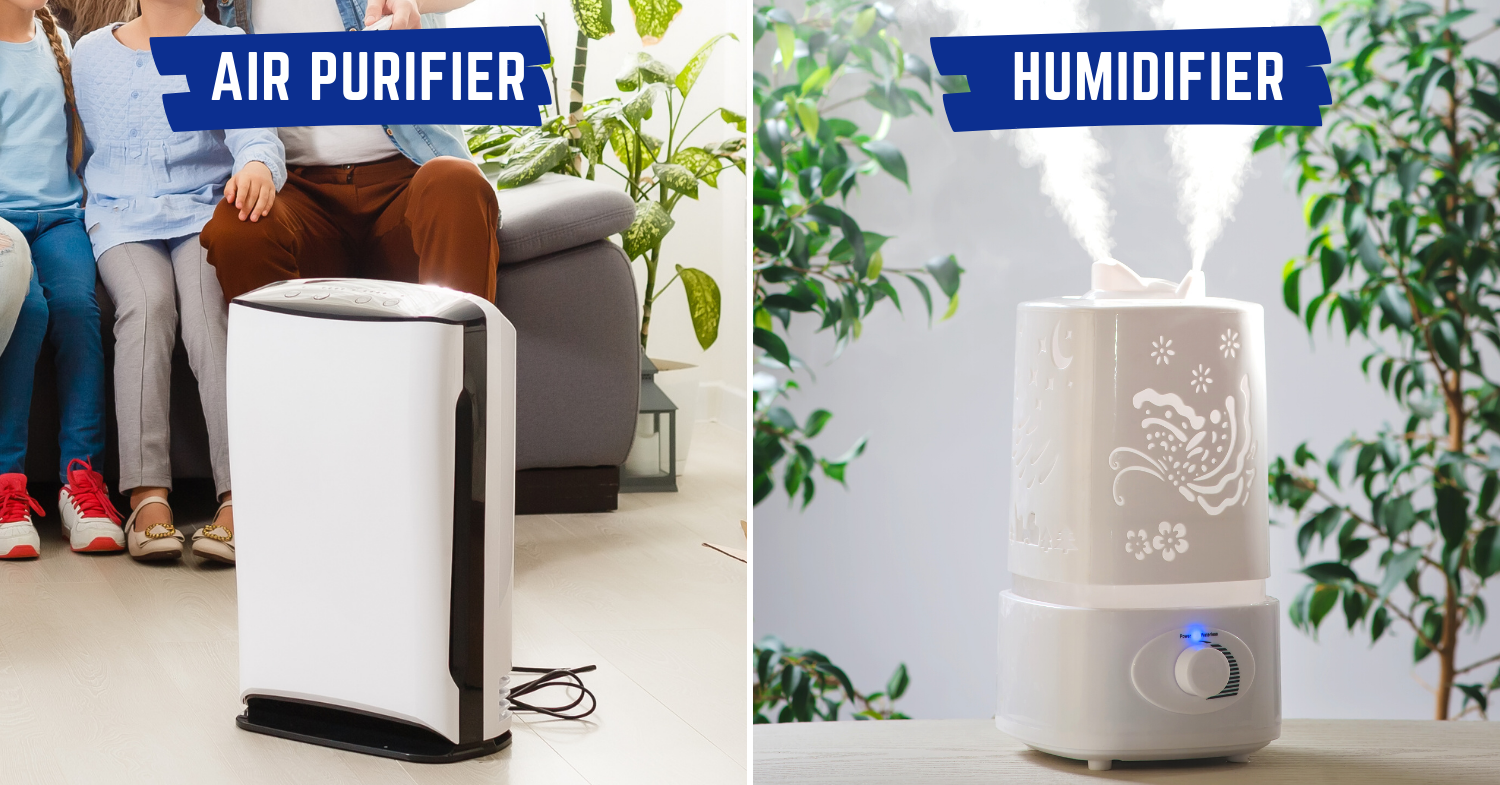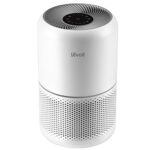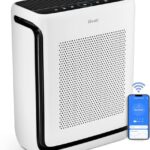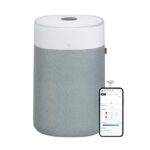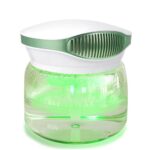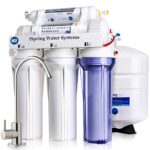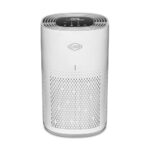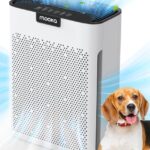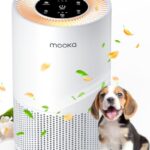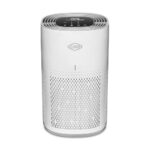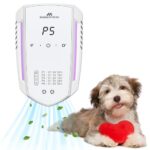No, an air purifier is not the same as a humidifier. Each device serves a different purpose.
Understanding the differences between an air purifier and a humidifier can be confusing. Both devices improve indoor air quality, but in unique ways. An air purifier cleans the air by removing particles like dust, pollen, and smoke. It helps those with allergies or asthma.
On the other hand, a humidifier adds moisture to the air, which can relieve dry skin, throat, and nasal passages. Knowing which device to use can improve your home environment and health. Let’s explore their functions, benefits, and how to choose the right one for your needs.
Introduction To Air Purifiers And Humidifiers
Air purifiers clean the air. They remove dust, smoke, and allergens. Many people use them to breathe easier. People with allergies or asthma often use them. Air purifiers can make the air smell better too. They can be used in homes, offices, and cars. Some purifiers also kill germs.
Humidifiers add moisture to the air. They help in dry climates or during winter. Dry air can cause dry skin, nosebleeds, and sore throats. Humidifiers can ease these problems. They can also protect furniture from drying out. Some people use them to keep plants healthy. Humidifiers can be cool mist or warm mist.
How Air Purifiers Work
Air purifiers use filters to clean the air. These filters trap dust, pollen, and other small particles. The air passes through the filter and cleaner air comes out. This makes the air safer to breathe.
There are different types of filters. HEPA filters trap very tiny particles. Activated carbon filters remove odors and gases. UV filters use light to kill germs. Each type helps in a different way.
How Humidifiers Work
A humidifier adds moisture to the air. It helps to keep the air from being too dry. The device uses water to create mist. This mist then spreads into the air. The evaporation process makes the air more comfortable. It helps with dry skin and breathing. Humidifiers are useful in winter. They make the air easier to breathe. They also help with static electricity.
| Type | Description |
|---|---|
| Cool Mist | Uses a fan to evaporate water. Good for large areas. |
| Warm Mist | Boils water to create steam. Best for small rooms. |
| Ultrasonic | Uses vibrations to create mist. Very quiet. |
| Evaporative | Uses a wick filter. Very efficient. |
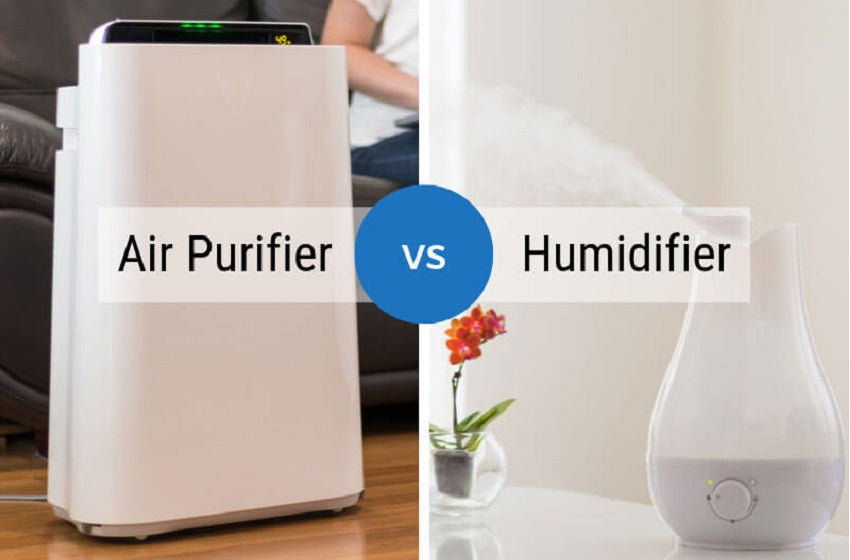
Credit: airdogusa.com
Benefits Of Air Purifiers
Air purifiers help remove dust, pollen, and pet dander from the air. This makes the air cleaner to breathe. They also get rid of bad smells and smoke. This is very helpful for people with allergies or asthma. Cleaner air means fewer health issues.
Using an air purifier can lead to better sleep. It reduces nasal congestion and eye irritation. With fewer allergens in the air, you can breathe easier. This can improve your overall health and well-being. Air purifiers also help in keeping the lungs healthy by filtering out harmful particles.
Benefits Of Humidifiers
Humidifiers add moisture to the air. This is very important in dry areas. Dry air can cause dry skin and throat. It can also harm your furniture. Adding moisture helps keep your skin soft. It also makes breathing easier.
A humidifier can make your home more comfortable. Moist air feels warmer than dry air. This can help you save on heating costs. You will feel cozy and warm. Your plants will also like the extra moisture.
Key Differences Between Air Purifiers And Humidifiers
Air purifiers clean the air. They remove dust, pollen, and smoke. Humidifiers add moisture to the air. They help with dry skin and sore throats.
Air purifiers use filters. These filters trap tiny particles. Some use UV light to kill germs. Humidifiers use water. They turn water into mist. This mist spreads in the air.
When To Use An Air Purifier
An air purifier is best in dusty homes. It helps allergy sufferers. It is great when there is smoke in the air. Pet owners should use it for pet dander. Air purifiers help with pollution in cities. They can also remove bad odors. People with asthma need them. They are good for cleaning air in winter.
Use an air purifier in your bedroom. It helps you sleep better. Place it in the living room to keep the air clean. Use it in the office for better focus. It is great for nurseries to protect babies. Schools can use them for cleaner air. They are good for hospitals to keep germs away. Gyms use them to keep the air fresh.

Credit: www.amazon.com
When To Use A Humidifier
Humidifiers are best used in dry climates. They help add moisture to the air. This can be good for your skin and breathing. Winter months are often dry. A humidifier can help in this season.
Humidifiers are useful in homes with babies. They can help soothe coughs and dry skin. Plants also like humid air. Wooden furniture and musical instruments benefit from moist air. Bedrooms and living rooms are common places to use them.
Choosing The Right Device For Your Needs
Air purifiers and humidifiers serve different purposes. Air purifiers remove dust, pollen, and smoke from the air. This helps people with allergies or asthma breathe easier. Humidifiers add moisture to the air. This helps with dry skin, sinuses, and throat. Consider your home’s air quality. Is the air dry or filled with allergens?
Think about your primary concern. If you need cleaner air, an air purifier is best. If dry air is the problem, a humidifier will help. Both devices can improve your comfort. Choose based on your specific needs and environment.
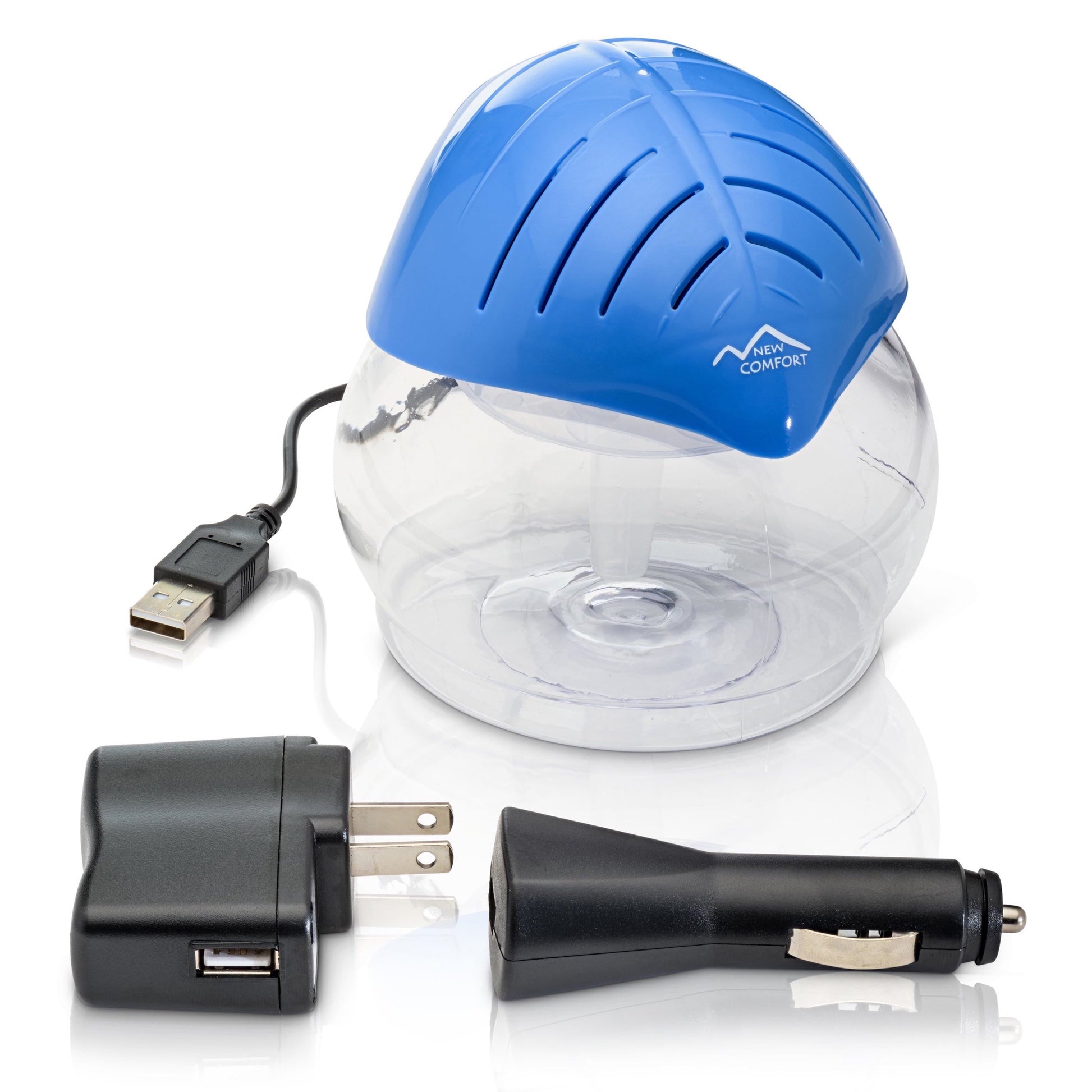
Credit: proluxcleaners.com
Frequently Asked Questions
What Is An Air Purifier?
An air purifier removes contaminants from the air. It improves indoor air quality by filtering out dust, allergens, and pollutants.
What Is A Humidifier?
A humidifier adds moisture to the air. It helps maintain optimal humidity levels, preventing dryness in the skin, throat, and respiratory passages.
Can I Use Both Devices Together?
Yes, you can use both devices together. An air purifier cleans the air, while a humidifier adds moisture, improving overall air quality.
Do Air Purifiers Help With Allergies?
Yes, air purifiers help with allergies. They remove allergens like pollen, dust, and pet dander, providing relief from allergy symptoms.
Conclusion
Air purifiers and humidifiers serve different purposes. Air purifiers clean the air. They remove dust, pollen, and smoke. Humidifiers add moisture to dry air. This helps with dry skin and throat. Both devices improve indoor air quality. Choosing depends on your specific needs.
Understand their functions before buying. This ensures you get the right device. Your home and health will benefit.

